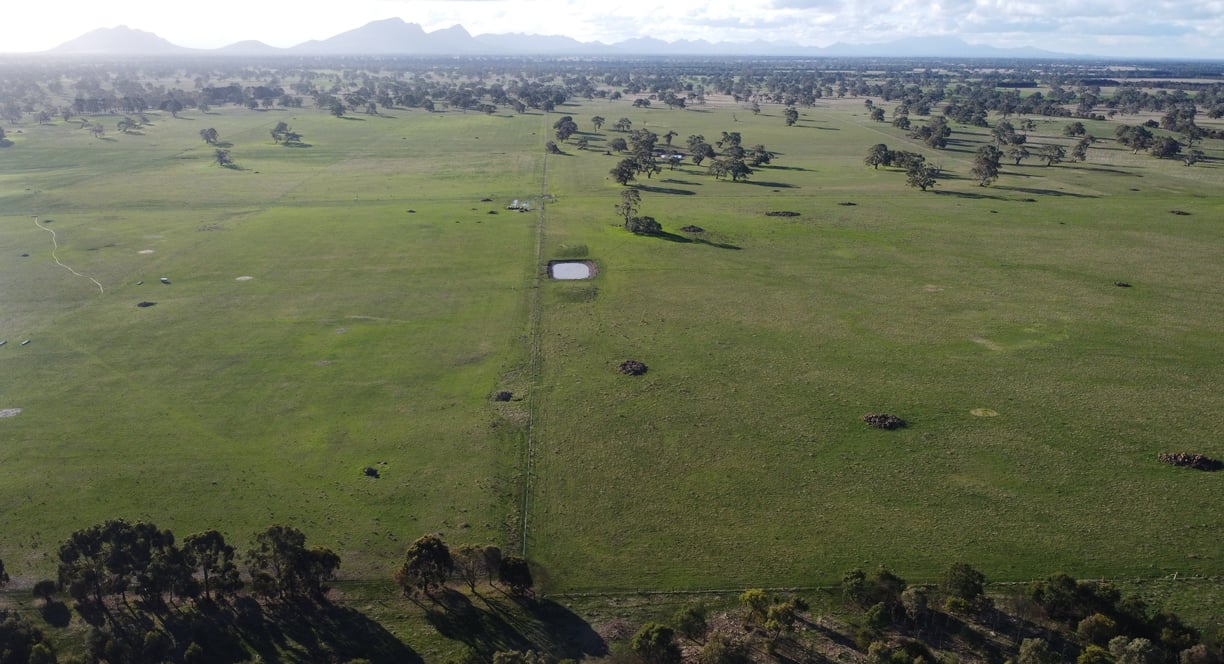Live Composting Worms
Harvesting your Worm Castings
Harvesting your Worm Castings!
After a few months the working bin will be filled with worm castings, casting created from your scraps turning your waste into valuable food for the garden!
So how do you harvest it?
There are a few methods you can use to harvest your worm castings, including sieving, using light, and extending the bed. In this section, we will explain how we do it!
1: To harvest, move the food scraps and any other uneaten materials to one half of the box, covering this section with cardboard and black plastic. Overnight. Worms are photophobic, so they will actively seek the dark and move over to the food source. If they have consumed most of the food already you can add some sweet food such as Watermelon and Cantaloupe.
2: The next day, see if the worms have moved to the covered side by digging about 2 inches in the casting. If you find the odd worm that's ok, but if there is still a lot wait another day.
Harvest your casting from the uncovered side, by scraping, digging, or scooping it out into another container.
3: Once removed, move the food scraps and any uneaten materials to the side you have just emptied. This should be about 2 to 3 cm or more, to create a bedding layer. If not, add extra bedding as you did above, or put a small amount of casting back in.
4: Cover this side as before and the worms will naturally migrate towards that side for the fresh food and dark. Leave overnight.
5: Harvest this side, see step 2. Make sure that once harvest your casting, you have about 2 to 3cm or more bedding evenly spread over the bin.
Feed and cover bins as normal.
Harvesting Your Worm Casting :
Worm castings are full of microbiology and can thrive as long as the moisture is above 60%, therefore they can be stored for periods in an aerated environment. To find out more click the link above.
Processing the Casting
We put our worm castings threw our homemade rotating sieves, with 2 screen sizes. The first one is fine, taking out only the finest casting, and eliminating all large particles, this is the casting we are selling you. They contain large amounts of microbiology and can be used in every situation from seedlings to grown plants.
The next Sieve is used to collect the Cocoons and larger compost aggregates, We use this for our Breeding beds and to create the Liquid Extract we use on our farm and sell to you.
The Extracts are put in a mesh bag with fine holes, allowing for the organisms to pass threw whilst eliminating the unwanted materials and debris. Allowing easy use for any application spray you are using.
Any materials that didn't pass through a sieve is collected and returned to the worm farms.


